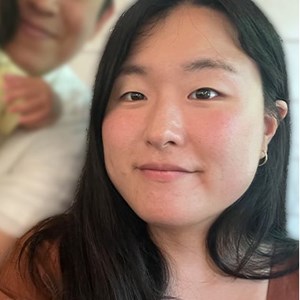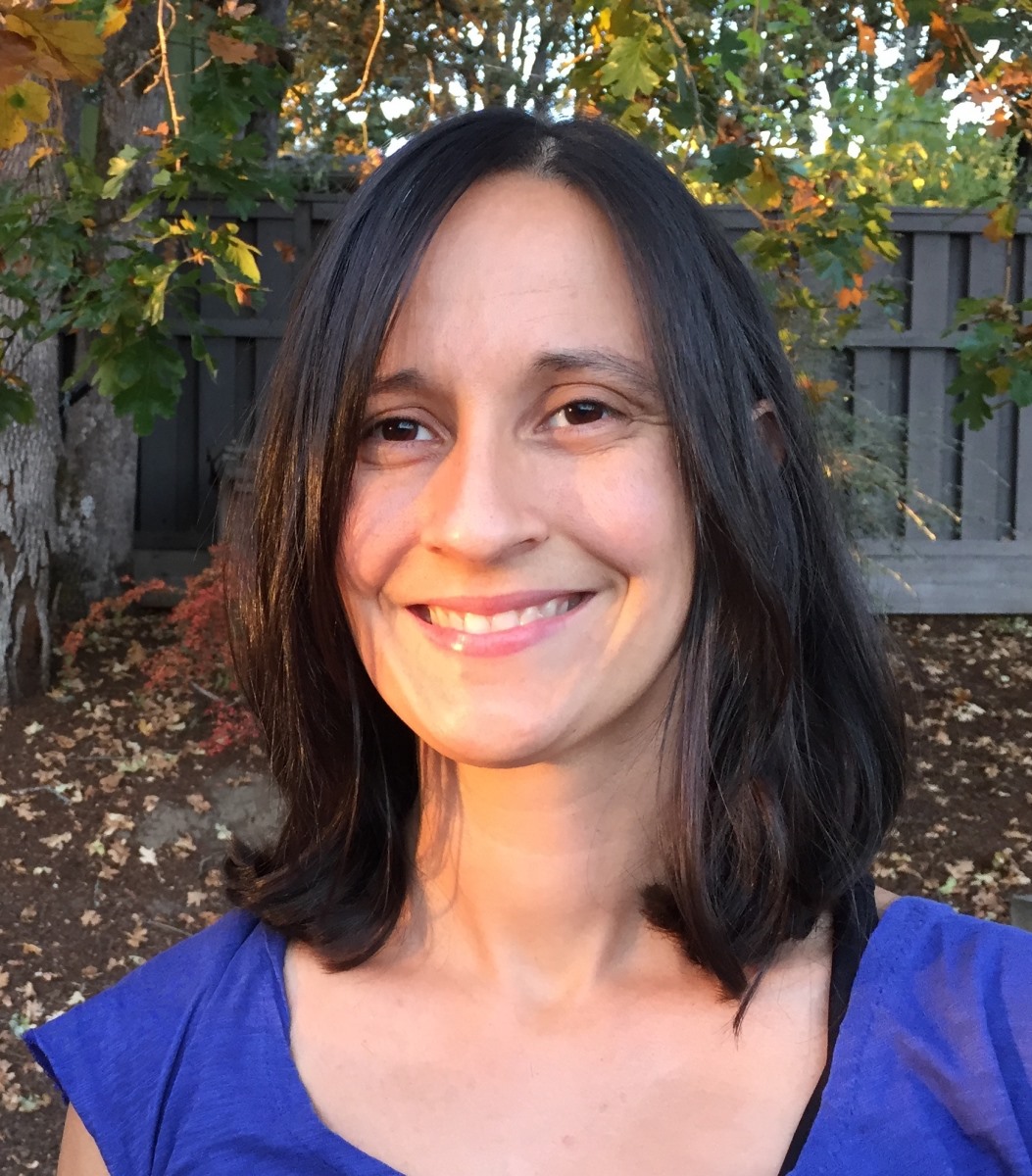Portland Science Night - March 2025
Uncover brain activity in Parkinson’s disease
UO Portland – Library and Learning Center
2800 Northeast Liberty Street Portland, OR 97211 United States

Neuroscience of Movement in
Health and Disease
Ever wonder how your brain interacts with body movement? Join us as Assistant Professor Nicole Swann presents her studies about patterns of brain activity in Parkinson’s disease and how these are modulated by therapies. Nicole is an academic expert in neuroscience, electrophysiology, and movement disorders such as Parkinson’s disease.
- Who should attend: Open to all UO Alumni Association Members ($10) and non-members ($15). Tickets sold in advance and at the door.
- What’s included: All attendees will receive two drink tickets redeemable for cocktails, beer, wine, or non-alcoholic drinks. Heavy appetizers will be provided.
Attend Portland Science Night hosted for the first time at the University of Oregon’s new Portland Campus!
Featured Professor:
Nicki Swann, Assistant Professor, Center for Translational Neuroscience, Human Physiology, and Neuroscience
Registration
$10 for UOAA members
$15 for nonmembers
Parking
Parking is available on campus and the parking permit signs that are displayed are not enforced for event guests. There are also street parking available on NE Liberty Street and along NE 29th Ave.
Agenda
| March 20 | |
| 6:00 PM - 6:20 PM | Check-in and welcome with drinks & heavy appetizers |
| 6:20 PM - 6:30 PM | Opening remarks by PDX Ducks President, Geri Naumcheff |
| 6:30 PM - 7:30 PM | Presentation begins |
| 7:30 PM - 7:45 PM | Questions & answers |
| 7:45 PM - 8:00 PM | Presentation concludes & final announcements from PDX Ducks |
| 8:00 PM | Event concludes |
Nicole Swann
Nicole Swann’s research focuses on how different parts of the human brain interact to generate and control movements and how these processes can be disrupted in disease. She is particularly interested in movement disorders like Parkinson’s disease. To investigate these questions Dr. Swann uses a combination of non-invasive and invasive electrophysiological methods in humans to record brain activity in both patients and healthy people. One goal of her research is characterizing neural signatures of disease to better understand pathophysiology and improve treatments. Dr. Swann graduated from UC Berkeley with a double major in Molecular Cell Biology (neurobiology emphasis) and Psychology. She then went on to complete her PhD in Neurosciences at UC San Diego before completing a postdoc at UC San Francisco. She joined the Human Physiology department of UO in 2017.
For More Information:


